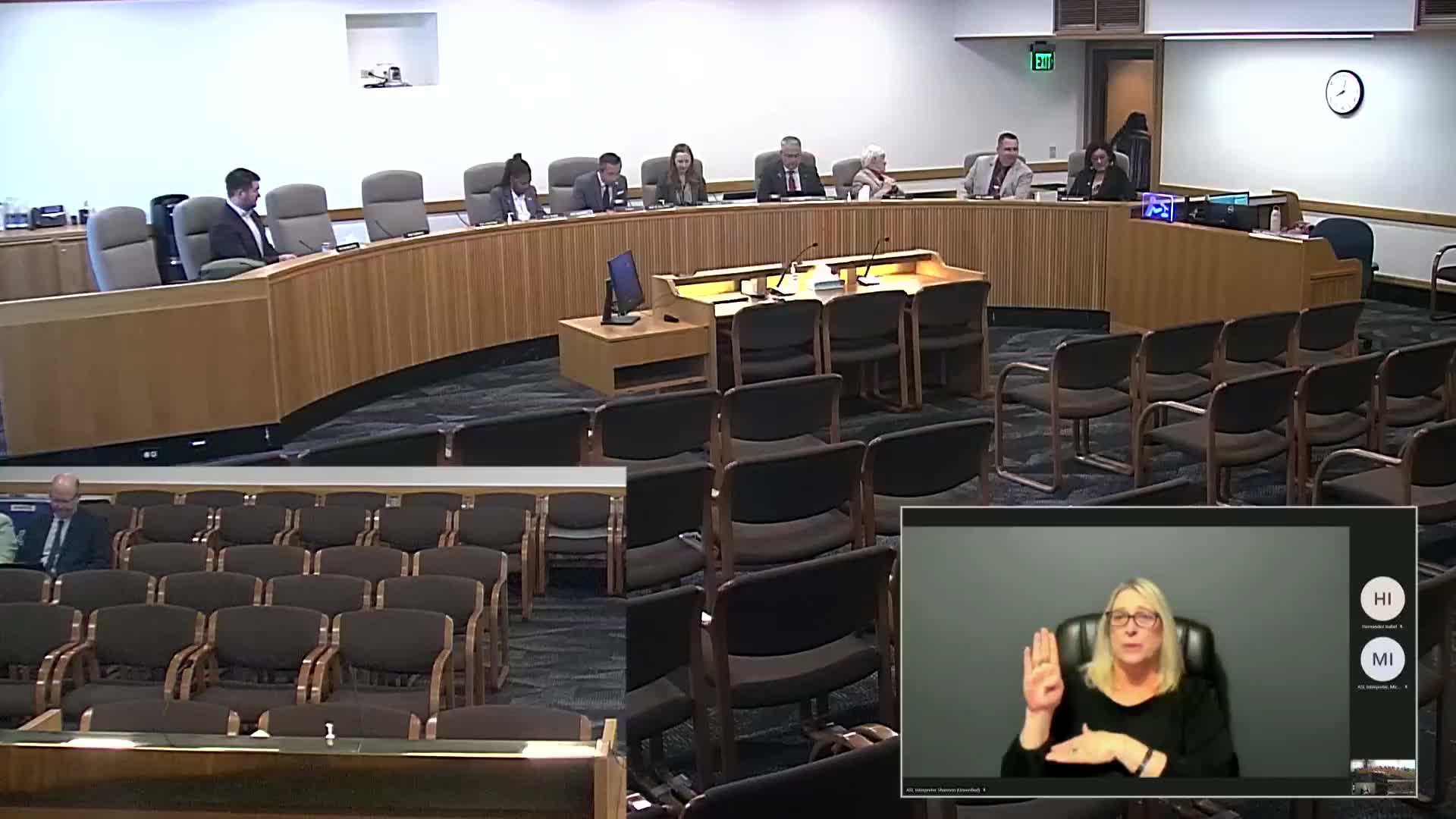OLCC director briefs House committee on cannabis regulation, testing and youth concerns
Get AI-powered insights, summaries, and transcripts
Subscribe
Summary
Craig Prince, executive director of the Oregon Liquor and Cannabis Commission, told the House Committee on Economic Development, Small Business and Trade that Oregon’s cannabis market is maturing but faces persistent challenges including lab integrity, hemp testing, youth access and coordination across three state agencies.
Craig Prince, executive director of the Oregon Liquor and Cannabis Commission, told the House Committee on Economic Development, Small Business and Trade on April 23 that Oregon’s cannabis market is “well regulated” in many respects but still faces technical and enforcement challenges, especially around laboratory testing, hemp, and youth access.
Prince framed the state’s regulatory history, noting that Measure 91 created an adult recreational market and later legislative work set statewide tax and licensing structures. “We want to make sure that we’re testing it and making sure people understand how much potency they’re getting,” Prince said, describing the state’s aim to protect public health while supporting lawful businesses.
The nut graf: lawmakers and the OLCC discussed three practical problems that the agency has focused on — inconsistent THC testing by private labs, regulatory gaps between hemp and marijuana, and youth exposure to high-potency products — and the steps the agency has taken or proposed to address them.
Prince told the committee that the private testing market creates incentives for producers to “shop” for labs that report higher THC levels. To reduce that incentive, the state created a reference lab in 2023 to audit and benchmark private laboratory results and to test for pesticide and heavy-metal contamination. Prince said some laboratories are currently under administrative review for suspected irregularities and that enforcement, including license cancellation, is an option.
“There's an incentive, obviously, to have the highest THC product you can,” a committee member observed; Prince and other staff described the reference lab as a check on that market dynamic. Prince said the Legislature passed House Bill 4,121 in the short session to require product registration for hemp items intended for human consumption, and that the OLCC is coordinating with the Department of Agriculture and the Oregon Health Authority on overlapping responsibilities.
Committee members pressed staff on youth access and public-health education. Several representatives cited school incidents and anecdotal reports of students arriving on campus under the influence. “There has to be some kind of an awareness campaign like we have with alcohol,” one lawmaker said. Prince noted the Oregon Health Authority received one-time funding for a youth awareness program and emphasized labeling, parental awareness and enforcement as parts of the response.
Prince also summarized licensing and market numbers to provide context: he said Oregon has roughly 1,300 licensed cannabis producers, hundreds of retailers (provided as a point of comparison against about 285 liquor stores), and a significant number of medical-card holders who have seen availability shift since recreational sales began. He noted a previously imposed licensing moratorium (2022) and said existing license holders have largely retained their permits while ownership changes have occurred.
On enforcement and compliance checks, Prince reported that in 2024 OLCC completed roughly 702 minor decoy checks; 634 of those checks resulted in no sale, which he described as “over 90% compliance” but something the agency still wants to improve.
Committee members and staff also discussed hemp, which Prince described as the same plant species as marijuana but defined by THC level. He warned that hemp products, which can be regulated by the Department of Agriculture and are legal at the federal level, can be concentrated after harvest so that a hemp-derived product may contain significant THC. That overlap complicates age-gating, enforcement and interstate transport, committee members said.
Prince closed by saying Oregon participates in a national association of cannabis regulators and that the state’s earlier start gives it an opportunity to lead on reference labs, testing protocols and packaging standards.
Ending: The session was informational; no vote or formal action was taken. Committee members signaled interest in continued oversight of lab enforcement, hemp product registration and youth-education funding.
